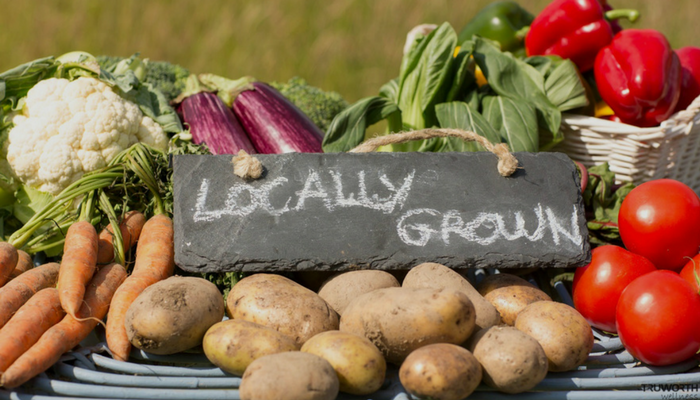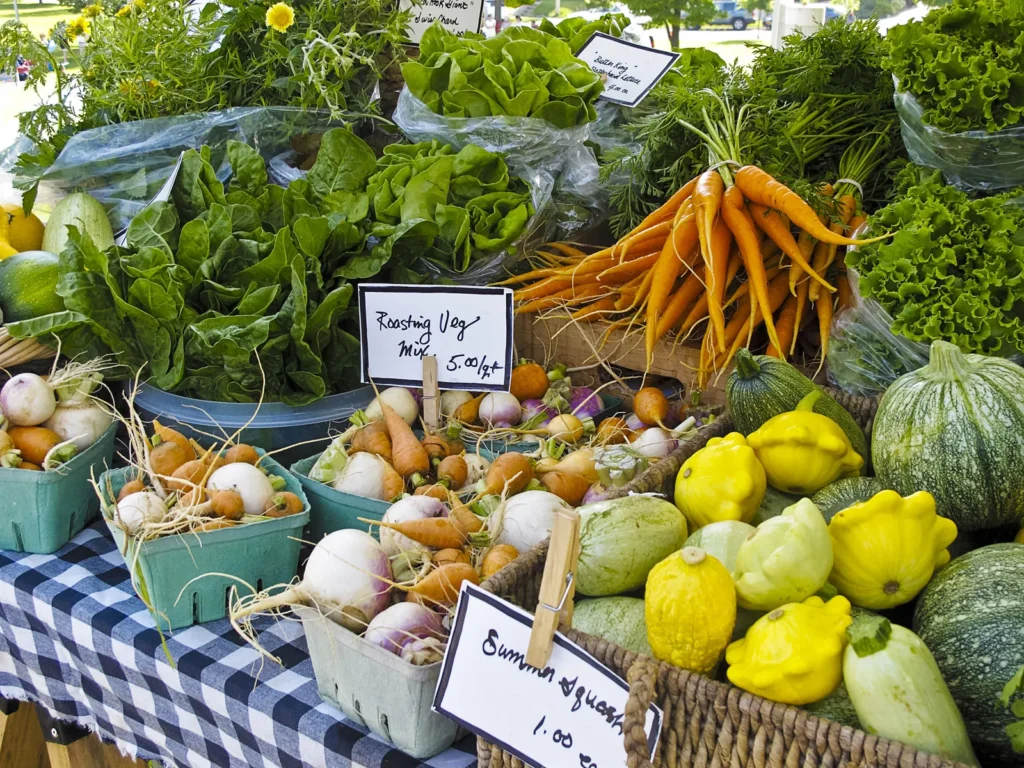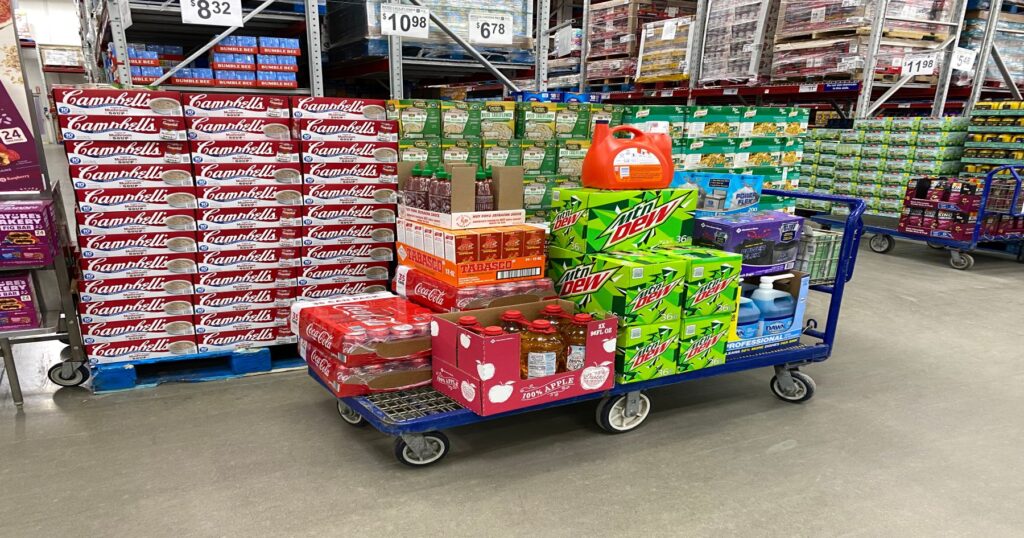Shopping for organic and sustainable ingredients is a great way to support your health, the environment, and local farmers. As awareness of the impact of food production on the planet grows, many people are choosing to make more conscious decisions when it comes to what they buy. Whether you’re new to organic shopping or looking to refine your approach, here are some practical tips to help you shop for ingredients that are both healthy and sustainable.

1. Prioritize Local and Seasonal Produce
When shopping for organic ingredients, one of the best ways to support sustainability is by buying local and seasonal produce. Local farmers tend to use fewer chemicals and fertilizers, and the shorter transportation routes reduce carbon emissions. Farmers’ markets and local co-ops are excellent sources for fresh, organic, and often sustainably grown produce. Buying seasonal items ensures that you’re choosing foods that are naturally abundant at that time of year, which reduces the need for artificial growth methods and energy-intensive imports.

2. Look for Certified Organic Labels
To ensure the products you’re purchasing meet organic standards, look for items with a certified organic label. In many countries, including the U.S., the USDA Organic seal guarantees that the product was grown without synthetic pesticides, fertilizers, or genetically modified organisms (GMOs). While not all organic products are equal, certified organic goods generally offer a higher level of assurance that farming practices are more environmentally friendly and that the ingredients are free from harmful chemicals.

3. Choose Products with Minimal Packaging
Sustainability doesn’t just stop at the food itself—it extends to how it’s packaged. When shopping, try to choose products with minimal or eco-friendly packaging. Opt for items in glass, cardboard, or reusable containers rather than single-use plastic. Many stores now offer bulk bins where you can buy dry goods like grains, nuts, and beans without packaging at all, which can significantly reduce waste.

4. Support Sustainable Meat and Dairy Choices
If you consume meat or dairy, choose products from farms that prioritize sustainable and humane practices. Look for labels like “grass-fed,” “free-range,” or “pasture-raised” to ensure that animals are raised in healthier, more ethical conditions. These practices typically have a lower environmental impact, as they often require less intensive farming methods and are better for biodiversity. Sustainable fisheries and ethically raised animal products are more resource-efficient and tend to offer healthier options.

5. Research Eco-Friendly Brands and Products
Many food brands are now focusing on sustainability, not just organic farming, but also sourcing ingredients responsibly and reducing environmental impact in their supply chains. Researching brands and reading labels can help you identify those that prioritize environmental and social responsibility. Many sustainable brands are transparent about where they source their ingredients, their manufacturing processes, and their efforts to minimize waste.

6. Buy in Bulk When Possible
Buying in bulk can reduce packaging waste and ensure that you are purchasing just the amount you need, cutting down on food waste as well. Many bulk stores offer organic grains, legumes, nuts, and seeds, and by using your own containers or reusable bags, you can significantly reduce plastic use.

7. Plan Meals and Minimize Waste
One of the most sustainable shopping habits is planning your meals ahead of time. By purchasing only the ingredients you need for specific recipes, you can reduce the likelihood of buying excess food that might go to waste. Using leftovers creatively and composting food scraps further reduces the environmental impact of your eating habits.
Shopping for organic and sustainable ingredients may require a bit more effort and thought, but the benefits for your health, the planet, and the local economy are worth it. By making mindful choices, you can enjoy delicious, eco-friendly meals while contributing to a more sustainable future.

